
Reformed Theologian and Geneva’s Tradition
Earlier this year, the Geneva community was abuzz over a construction project in McCartney Library: the installation of The John H. Gerstner Collection. For the most part, students didn't seem to know much about who John Gerstner was, what he did and why his collection is both a blessing and a great resource for Geneva. We know Gerstner was a theologian and that the construction in the library of a space to house the Gerstner collection made daytime studying a little less peaceful.
However, I think an introduction is in order. The John H. Gerstner Collection is now a permanent fixture in Geneva’s library, and with a little background, Geneva students might be more inclined to engage with this new resource. While there is an official news release, and a great read on his legacy, I am more interested in the less biographical, more philosophical approach to Gerstner.
John Gerstner was born in 1914 and grew up primarily in Philadelphia. He was a theologian in the Reformed Presbyterian tradition and an expert on Jonathan Edwards. He earned a master’s in Divinity and Theology at Westminster Theological Seminary in Philadelphia and a doctorate in philosophy in Church History at Harvard University. His main goal in his teaching, lecturing and preaching career was to revitalize traditional Presbyterianism in America.
Greatly affected by what became known as the Presbyterian Controversy (or the Fundamentalist-Modernist conflict), his days in seminary were affected by this divisive time. It was at Westminster College where the young convert John Gerstner met his mentor, Dr. John Orr, who led him into a lifelong commitment to Presbyterianism and to the Reformed theology and piety it had long championed. Later, he studied for the Christian ministry at another Westminster across the state of Pennsylvania, Westminster Theological Seminary, founded by J. Gresham Machen, the primary voice in the US against the unbelief championed by the so-called Modernists. There Gerstner consolidated his belief in the Reformed and Presbyterian Evangelicalism that defined his work for the next 50 years.
This is what I imagine it would have been like to be Gerstner’s student: Gerstner walks into the classroom, briefcase in hand. He greets you in a gruff voice, the result of an asthmatic condition. Gerstner was well known for teaching his classes in the Socratic Method, which creates a cooperative argument that stimulates critical thinking and draws out underlying presuppositions. In this style, Gerstner would ask a question to stimulate discussion. For example, he might ask: “How might we fall into destruction, falling ourselves or by the hand of another?” And by answering this question, a student would form a hypothesis such as: “We are subject to our sin nature and therefore will fall on our own.”
Here is where the Socratic debate begins because the student, through guided questions and arguments from Gerstner, would have to test that hypothesis. The hypothesis would finally be proved or disproved, and the discussion continues. This example is modeled after one of the classes Gerstner taught on the theology of Jonathan Edwards, especially on Edwards’ sermon “Sinners in the Hands of an Angry God.”
If this method seems familiar, it’s because it is based on the scientific method of Plato and it is a popular teaching method (especially in philosophy) that encourages critical thinking and increases comprehension, not just retention. This is the ultimate goal of a Geneva education: that students comprehend the full breadth of their academic study and that they are challenged in a Christ-centered education.
Geneva has been so graciously gifted with Gerstner’s academic material, and students have more opportunity to explore theology and their beliefs, something both cultivated and encouraged in our community. I believe Gerstner would have been pleased with the strong values that Geneva upholds, and you have to imagine he would be happy to have his work and educational material protected and utilized here.
The John H. Gerstner Collection at Geneva College provides access to Gerstner’s theological library, his private and published writings, study notes, video and extensive resources. The college has dedicated a special room for the collection within McCartney Library. For more information, visit geneva.edu/gerstner. For admissions information, contact admissions@geneva.edu or 800-847-8255.
- Chelsea Curry ‘20
Sources:
- https://en.wikipedia.org/wiki/John_Gerstner
- https://christianuniversity.org/professors/dr-john-h-gerstner/
- https://dspace.stir.ac.uk/bitstream/1893/21157/3/McDonald%20Diss.pdf
- https://www.geneva.edu/news/2019/04/nr-gerstner-collection
- https://www.geneva.edu/library/gerstner/index
- https://en.wikipedia.org/wiki/Socratic_method
Opinions expressed in the Geneva Blog are those of its contributors and do not necessarily represent the opinions or official position of the College. The Geneva Blog is a place for faculty and contributing writers to express points of view, academic insights, and contribute to national conversations to spark thought, conversation, and the pursuit of truth, in line with our philosophy as a Christian, liberal arts institution.
Nov 26, 2019The CollegeRelated Blog Posts
Request Information
Learn more about Geneva College.
Have questions? Call us at 724-847-6505.
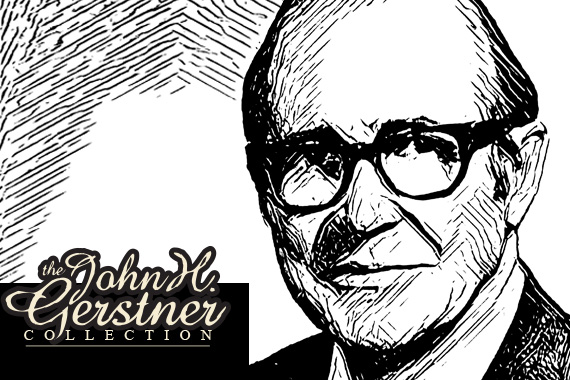


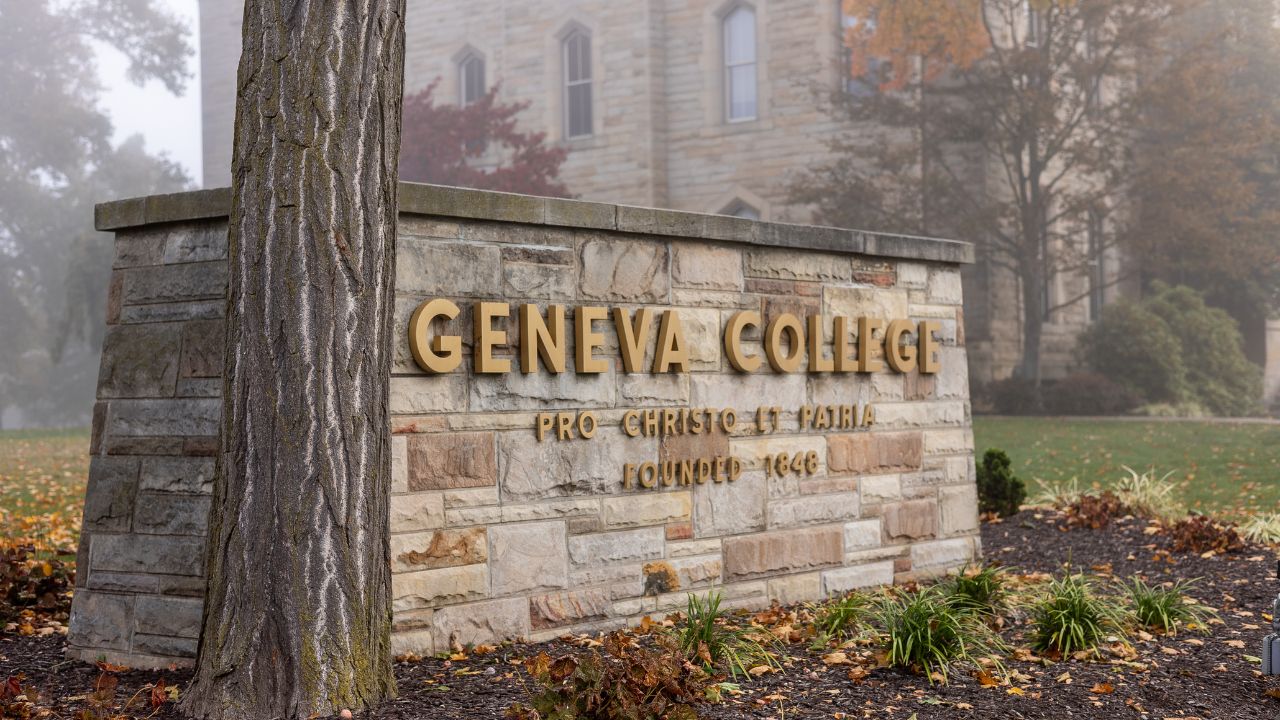


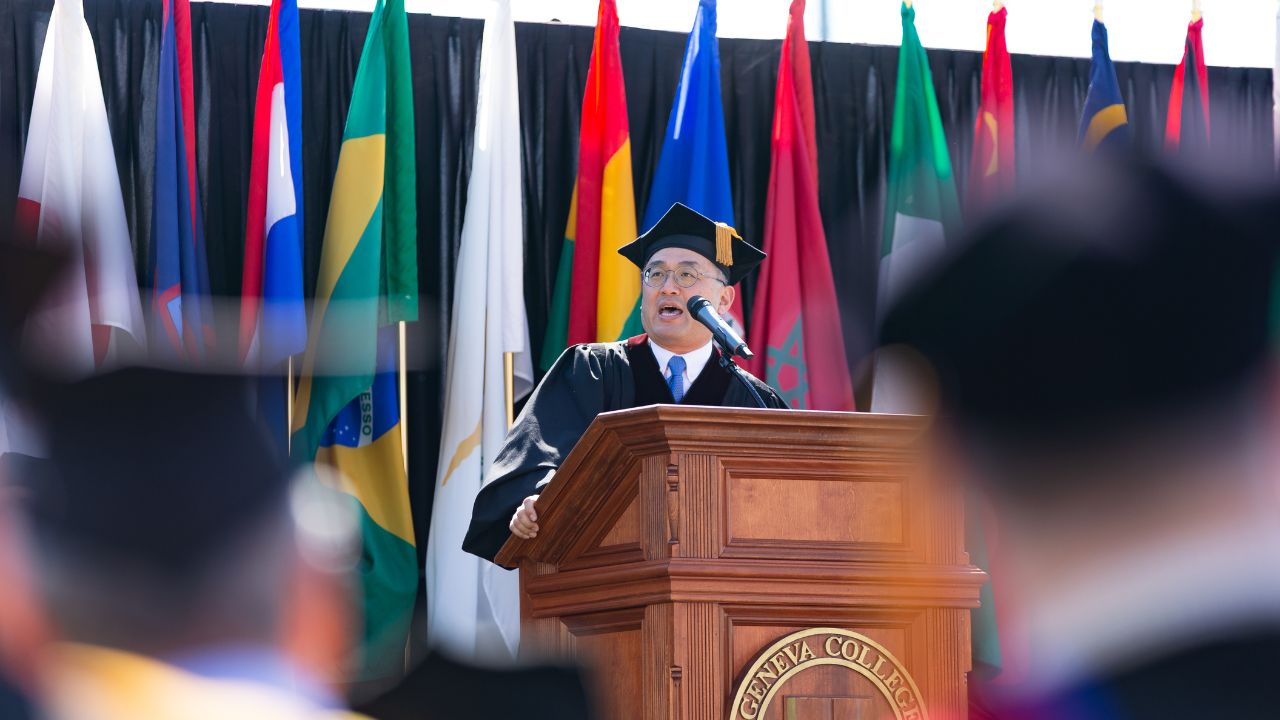


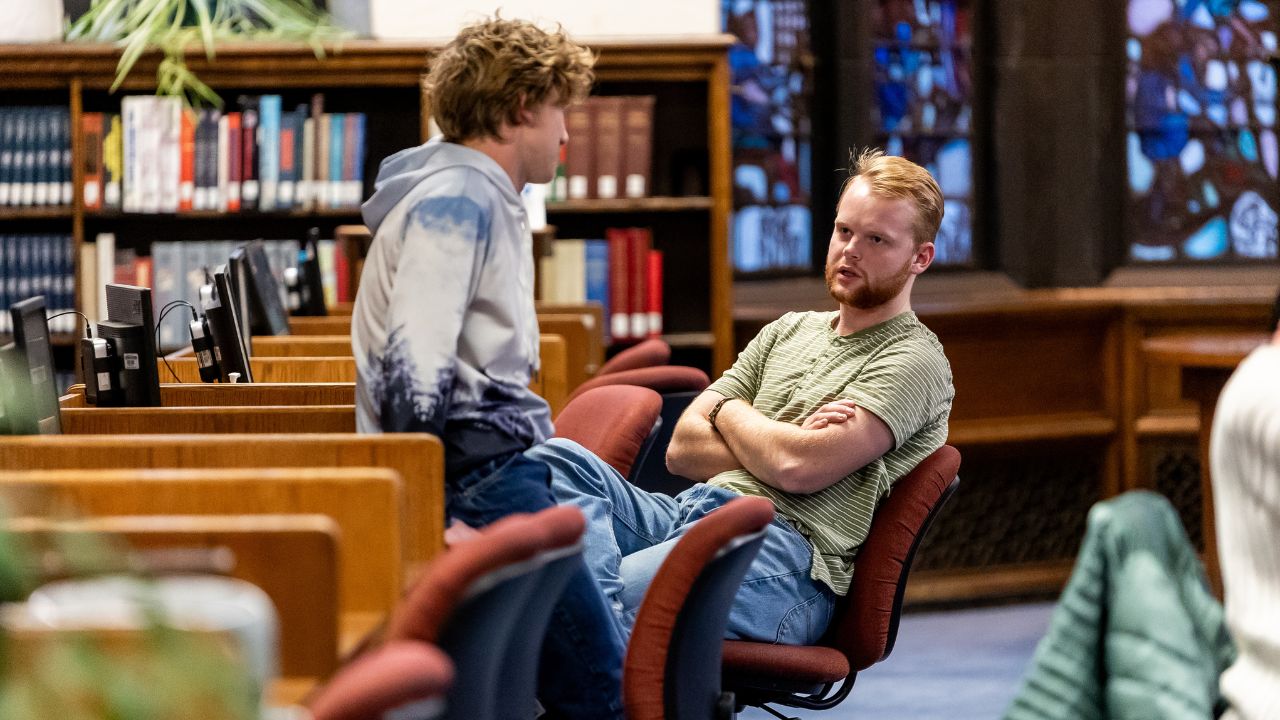
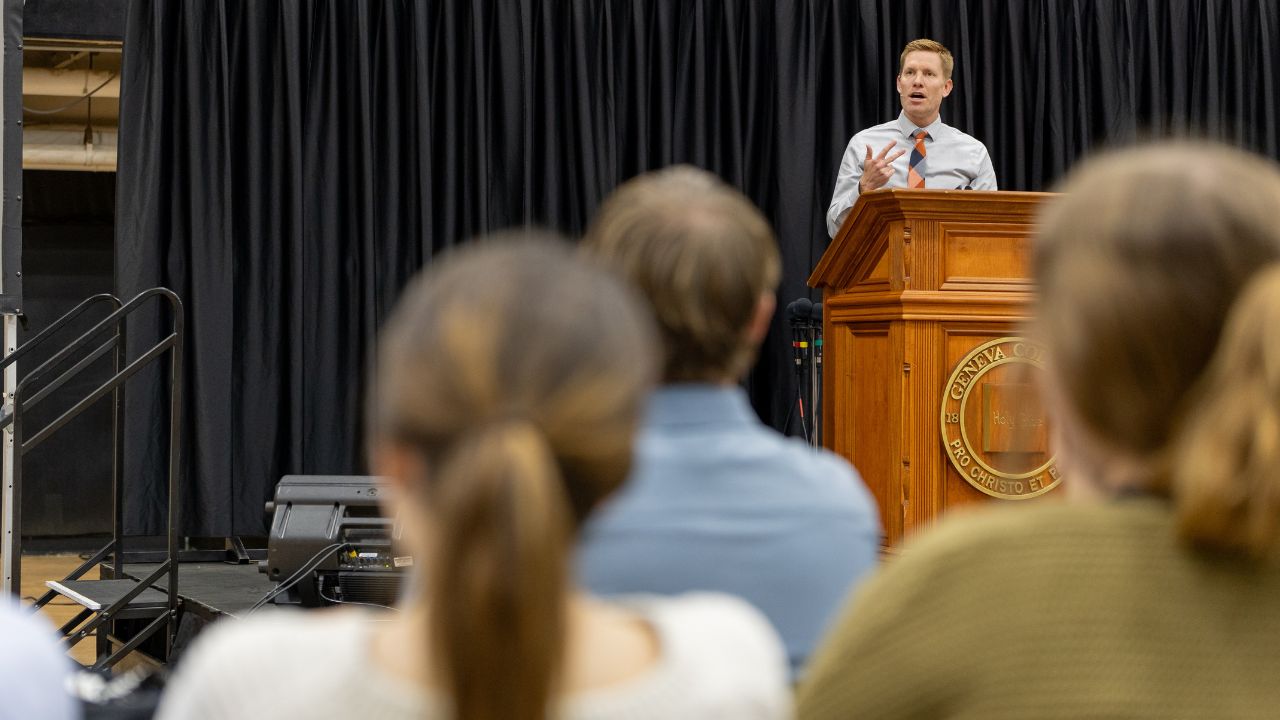
 Online Course Login
Online Course Login